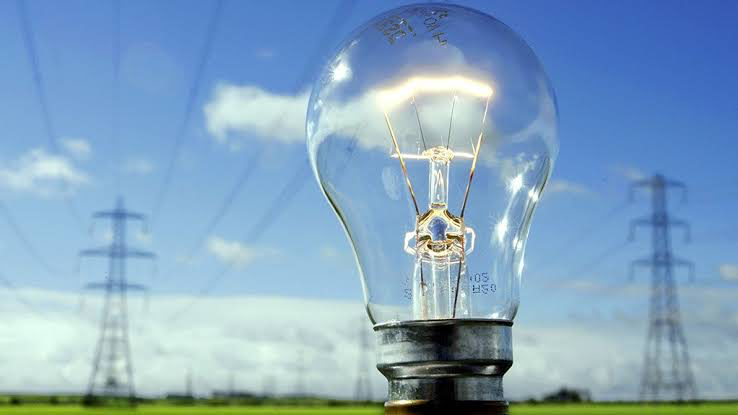In an important move to reduce electricity consumption and promote energy-efficient lighting in South Africa, Trade, Industry, and Competition Minister Ebrahim Patel announced the withdrawal of compulsory specifications for single-capped fluorescent lamps and incandescent lamps. These will be replaced with new mandatory specifications for the safety requirements of general service lamps, as gazetted on May 24, 2024.
The National Regulator for Compulsory Specifications (NRCS) introduced two new compulsory specifications, VC 9109 and VC 9110, to address the ongoing energy crisis that is severely impacting South Africa’s economy and livelihoods. These specifications aim to enhance energy efficiency and ensure the safety of lighting products available in the market.
The two new regulations, VC 9109 for energy efficiency and functional performance requirements of general service lamps (GSLs), and VC 9110 for safety requirements for general service lamps, are expected to play a crucial role in mitigating the energy crisis in South Africa. According to the NRCS, these regulations will significantly advance the safety, performance, and energy efficiency of lightbulbs sold in the country.
Minister Patel emphasized the importance of these new regulations in promoting energy-saving lighting and reducing electricity consumption across South Africa. “These new specifications will ensure that we phase out inefficient and environmentally harmful lighting products, thereby contributing to our national energy-saving goals,” Patel stated.
The new regulations will be implemented in two phases. The first phase, starting in May 2024, will introduce minimum energy efficiency levels for general service lamps used in the South African market. The second phase, set to begin in May 2026, aims to further enhance efficiency levels to completely phase out the use of incandescent and compact fluorescent lamps (CFLs) for general lighting.
The phased approach is designed to give manufacturers and consumers time to transition to more efficient lighting technologies. By 2026, all inefficient electric lamps used for general lighting are expected to be phased out, ensuring that only compliant, energy-efficient lamps are available for sale.
A key component of the new regulations is the promotion of Light Emitting Diode (LED) technology. LED lamps are significantly more efficient than traditional incandescent and CFL lamps, consuming up to 85% less energy than incandescent lamps and 40% less than CFLs. LEDs also have a longer lifespan of up to 20,000 hours, or approximately 12 years with an average use of four hours per day, and do not contain toxic gases like mercury, which is commonly found in CFLs.
The shift to LED technology is expected to contribute to substantial energy savings and cost reductions for consumers. The NRCS estimates that the new regulations will save consumers up to R12 billion (approximately $651 million) over a 15-year period and result in energy savings of about 300 gigawatts (GW) over the next decade. These savings are critical as South Africa continues to struggle with meeting high electricity demand.
It is important to note that the new regulations will not apply to lamps used for specialized applications, such as those used in chemical or biological processes, image capturing and projection, and signaling. This exclusion ensures that industries relying on specific lighting technologies for specialized functions are not adversely affected.
All suppliers of general service lamps will be required to obtain a Letter of Authority (LOA) certificate from the NRCS before any electric lamp can be offered for sale in South Africa. This certification process ensures that only compliant products that meet the new energy efficiency and safety standards are available in the market.
The introduction of these new lighting specifications marks a significant step forward in South Africa’s efforts to enhance energy efficiency and reduce electricity consumption. By phasing out inefficient lighting products and promoting advanced technologies like LEDs, the government aims to alleviate the energy crisis and provide long-term economic and environmental benefits to the country.
Minister Patel reiterated the government’s commitment to addressing the energy crisis and improving the sustainability of the country’s energy consumption. “We are confident that these new regulations will not only help reduce our electricity demand but also ensure that consumers benefit from lower energy costs and a more sustainable environment,” he said.
As South Africa moves towards a more energy-efficient future, the successful implementation of these regulations will be crucial in achieving the country’s broader energy and environmental goals.
Source: ESI Africa



